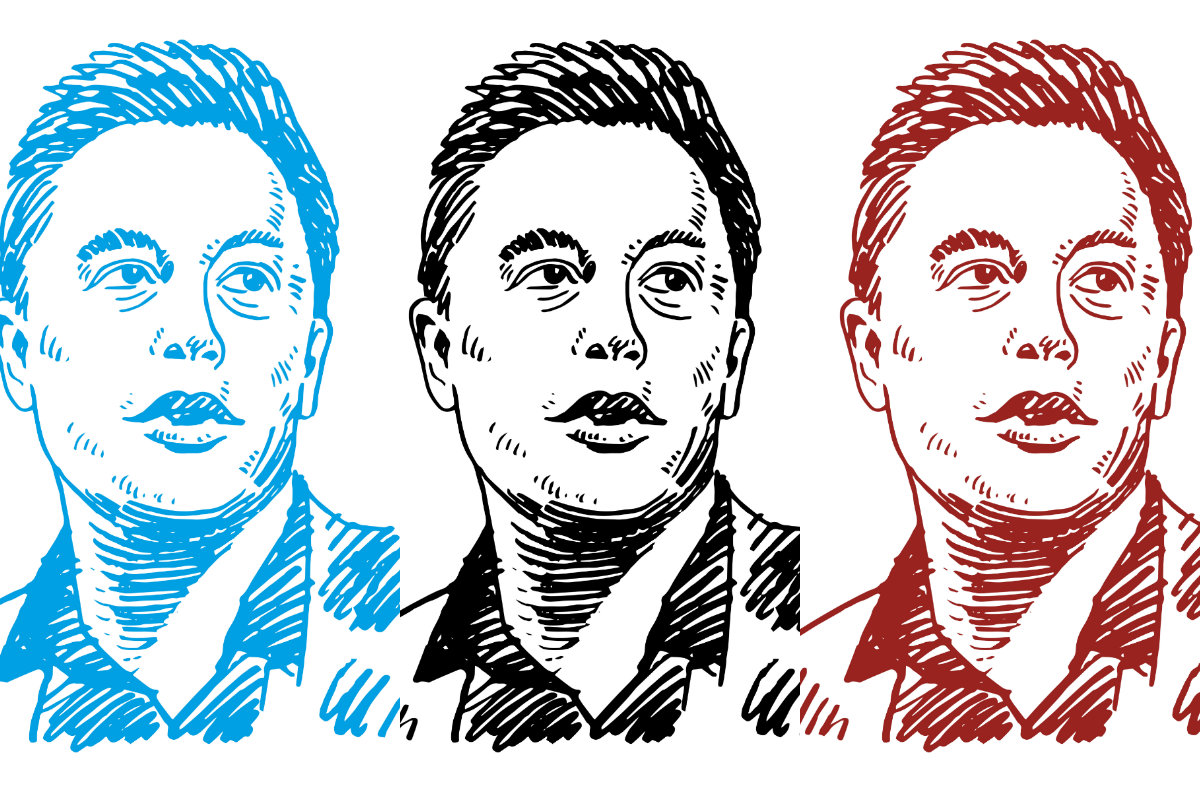Elon Musk Steps Down as Head of Government Efficiency Role
Key Takeaways:
- Elon Musk leaves his role as head of the Department of Government Efficiency (Doge).
- Musk promised $2 trillion in savings but failed to deliver.
- His efforts have hurt his reputation and his companies’.
- Former President Donald Trump praised Musk despite his departure.
- Musk’s influence in Washington may be fading after a short but busy period.
Elon Musk, one of the most famous and wealthy people in the world, has stopped leading a special group called the Department of Government Efficiency, or Doge for short. For about four months, Musk worked with the U.S. government to try to make things run better and save money. However, his time in this role didn’t go as planned.
What Happened?
Musk promised to save $2 trillion for the government through his work with Doge. That’s a lot of money—enough to fund big projects like schools, roads, and even space exploration. But in the end, Musk and his team couldn’t even find a small part of that money.
This failure has hurt Musk’s reputation. People started to question whether he could deliver on his big promises. Even though he’s known for running companies like Tesla and SpaceX, his time in Washington didn’t make him look good.
What Did Trump Say?
Former President Donald Trump, who worked with Musk during his time in office, had kind words for him. Trump said he was sad to see Musk go but added that Musk “will always be with us, helping all the way.”
Why Does This Matter?
Elon Musk is a big name, and his actions often make headlines. His attempt to work with the government was seen as a way to show that businessmen could make a difference in politics. But it didn’t work out.
Musk’s time in Washington was short but busy. He tried to change how the government operates, but his ideas didn’t lead to the results he promised. Now, people are wondering if business leaders like Musk can really make a difference in politics.
What’s Next for Musk?
Even though Musk stepped down from his government role, he’s still running his companies. Tesla is working on new electric cars, and SpaceX is trying to send people to Mars. Musk’s focus might now shift back to these projects.
However, his time in Washington has left a mark. Many people feel that he overpromised and underdelivered. This could hurt his reputation and make it harder for him to work with the government in the future.
Musk’s legacy
Elon Musk is known for thinking big and taking risks. But his time in Washington shows that even the most successful people can face challenges when they step into politics.
Musk’s story is a reminder that running a country is very different from running a business. While he could innovate and make decisions quickly at Tesla or SpaceX, the government moves slower, and it’s harder to make changes.
What Can We Learn?
Musk’s experience teaches us that big promises need to be backed by action. It’s easy to say you’ll save $2 trillion, but actually doing it is much harder.
It also shows that working with the government is complicated. Even someone as powerful as Elon Musk can struggle to make a difference in Washington.
Conclusion
Elon Musk’s time as the head of the Department of Government Efficiency didn’t go as planned. He left without delivering on his promise of $2 trillion in savings, and his reputation took a hit.
But Musk is still a big name, and his companies are continuing to work on exciting projects. While his time in Washington didn’t go well, he’ll likely keep trying to make a difference—just maybe not in politics.
As for the government, Musk’s departure is a reminder that fixing problems in Washington isn’t easy, even for the most powerful businessmen.
